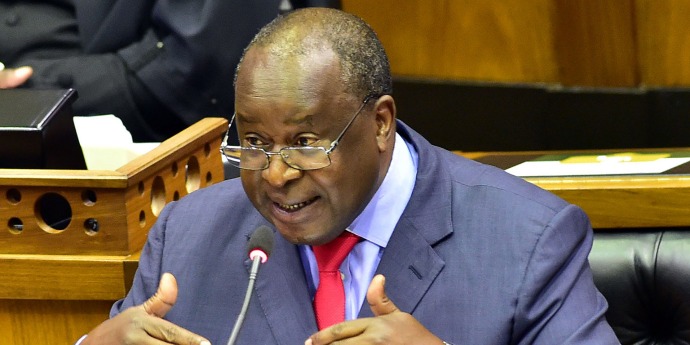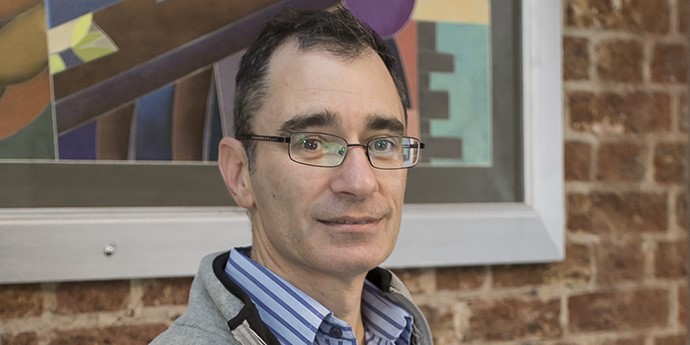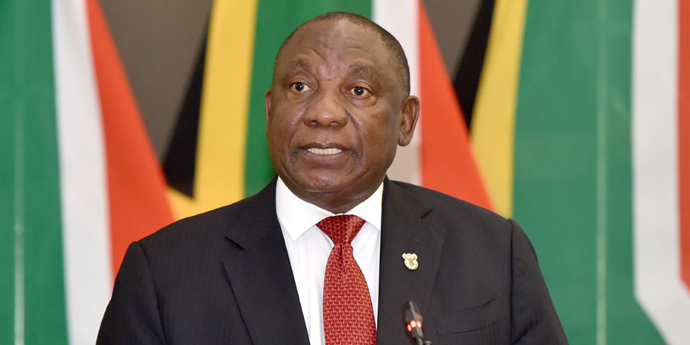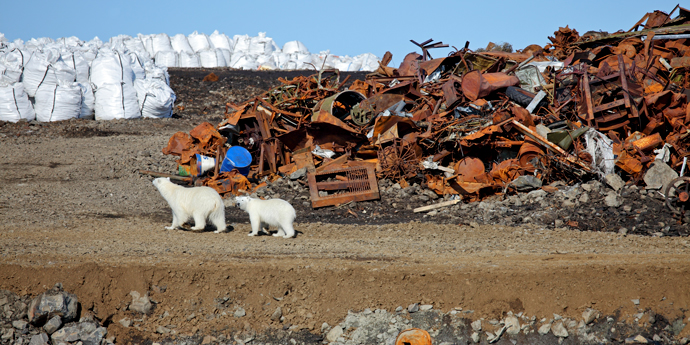Brexit is weakening the UK’s economy and destabilising the European Union (EU), and to some extent the rest of the world. The recent developments in the EU offer important lessons for Africa as leaders on the continent forge ahead to establish a continent-wide free trade area.
Recently, SA joined some 50 other countries on the continent in signing the Continental Free Trade Area (CFTA) agreement that aims to create a single continental market for goods and services, with free movement of business people and investments which will pave the way for the establishment of the Customs Union. Intra-African trade remains very low when compared to other major regions in the world such as the EU and Asia; therefore such a pact, if well managed, could play a pivotal role in addressing the continent’s developmental challenges by harnessing the potential of all countries in the region.
A more sustainable and inclusive trade
With about 1.2-billion people in Africa and a combined GDP of over $2.2-trillion, the agreement could create one of the largest free trade market zones in the world. Many in support of the agreement highlight that it will “revolutionise the way Africa trades and secure a more sustainable and inclusive trade that is less dependent on the fluctuations of commodity prices”. This will be of particular benefit to Africa’s small and medium-sized enterprises, which support 90% of jobs.
However, the Brexit saga has created a lot of uncertainty around the future of economic integration throughout the world. How do states ensure that such unions work sustainably, and that ultimately all stakeholders benefit? Fortunately Brexit also offers us an excellent case study in this regard.
During a recent panel discussion on Britain’s attempts to leave the EU hosted by the Global Network for Advanced Management (GNAM), Janet Smart, from Saïd Business School, University of Oxford, highlighted that the Brexit process became a mess largely because the British people did not understand what they were getting into when they voted to leave the EU.
Political and economic integration cannot last without people's consent
“A lot of people did not understand what they were voting for which created confusion,” said Smart, adding that this provides a good argument for a second referendum.
The public now understands that every version of Brexit will have negative consequences for the UK’s economy, she added.
One of the key lessons from the Brexit story therefore is that political and economic integration will not last if it is not built on the consent or will of the people. Constant engagement and educating ordinary people on the nuts and bolts of economic partnerships is thus crucial for building integrated economies. For example, it will be essential for the SA government to highlight that easier access to other African markets, will boost local manufacturing which in turn will accelerate economic growth and create more jobs.
Variations in levels of development a challenge to CFTA
Which is not to say that economic integration is all rosy. It will also be important for governments to have frank conversations about the downside of such trade agreements, especially how they affect smaller or less developed economies on the continent. We should not go into this with our eyes closed to the facts.
Rilwan Akeyewale, CEO of Grandir Inc, highlights that a major potential challenge in harmonising Africa’s heterogeneous economies under one agreement is the wide variation that exists in their levels of development. For example, over 50% of Africa’s cumulative GDP is contributed by Egypt, Nigeria and SA, while Africa’s six sovereign island nations collectively contribute just 1%. The CFTA thus has the greatest levels of income disparity of any continental free trade agreement.
Furthermore, many emerging African markets are traditional economies that are heavily reliant on farming to create jobs. These small family farms will find it hard to compete with large agri-businesses in high-income African countries such as SA, Kenya, and Nigeria. As a result, they may lose their farms, leading to high unemployment, crime and poverty, Akeyewale states.
Economists are quick to point out the aggregate benefits of economic integration that under-emphasise the intraregional and intracountry inequalities that may manifest. The CFTA will be good for Africa but not all countries and not all regions within countries will benefit equally and mechanisms need to be in place to mitigate these inequalities.
Africa must learn from EU failures
Politically there are real dangers associated with the centralisation of power and authority without full engagement and of it becoming a project of the elite. Arguably the failure of the EU to fully consolidate the treaties of Amsterdam and Lisbon and to build consensus around these, have given ammunition to nationalist movements and Africa needs to learn from this. For regional integration to work, countries should cede some of their autonomy to operate as a region within a global economy. The Brexit crisis suggests that Africa should focus on strengthening key governmental institutions and reinforcing cultural alliances before pushing for integration. The process of the institutionalisation of the EU went hand-in-hand with significant pre-convergence and economic conditions that countries had to meet before qualification. A lot more convergence needs to happen in Africa before we can see further integration but this is a useful first step.
Alem Asmelash and Sina Henke, from the Institute for Peace and Security Studies at the Addis Ababa University offer an interesting analysis of the most important lesson from Brexit. They argue that the primary beneficiaries of any integration process should always be the people.
The failure of traditional political elites in Europe to communicate and translate regional policies to their constituencies at the local level was one of the key reasons behind the feelings of detachment among British citizens, note Asmelash and Henke.
“These sentiments resulted in a strong nationalist movement, especially within the labour market, as Britons did not see or feel the benefits of the EU but rather felt threatened by it. Regional integration processes are as much about emotions as they are about politics and economics,” Asmelash and Henke say.
For Africa to ensure smoother integration there needs to be constant engagement with the people, and the benefits accrued from economic partnerships need to trickle down to ordinary citizens, otherwise the drive to integrate African economies will be dead in the water.
John Luiz is a Visiting Professor at the UCT Graduate School of Business, specialising in International Business Strategy; Business, Society, and Government; and Emerging Markets.








